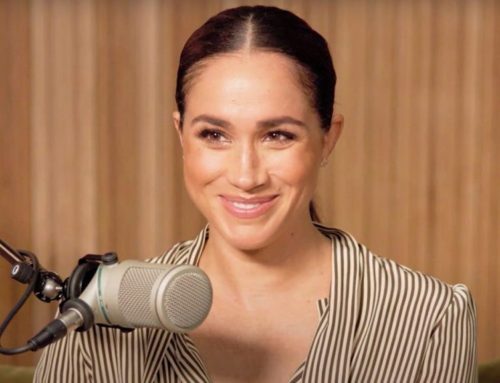If you talk to conservatives and Republicans in Washington, they are convinced that a die-in-the-wool liberal who supports abortion without restrictions will be appointed by Barack Obama to replace retiring Justice John Paul Stevens. Talk to liberals and Democrat and they are convinced that Obama will reach out to Republicans by appointing a moderate justice. Ask those who liberals who a moderate likely to be nominated by Obama might be and they say someone like Sonia Sotomayor or Ruth Bader Ginsburg.
NRO has a good symposium on the Stevens announcement: his legacy, his replacement, the politics, the jurisprudence. Probably the most important comment/observations comes from Richard W. Garnett, a professor of law and associate dean at Notre Dame Law School:
Some might say that the impact of this appointment will be small, on the theory that the president will simply replace one liberal with another, but the president will be replacing a 90-year-old liberal Justice with a much younger one, reducing the ability of future presidents with more conservative judicial views to break the Court’s current philosophical gridlock. The fact that it is President Obama and not, say, a President McCain who is choosing the replacements for Justices Souter and Stevens means, for one thing, that the chances the Court will ever correct its tragic mistake in Roe v. Wade have diminished dramatically. It means that important positive steps — in the religious-liberty arena, for example — remain vulnerable. By replacing Justices Souter and Stevens — and before too long, most people assume, Justice Ginsburg — the president is putting any future conservative successor on defense, in the position of having to replace conservative justices with others.
Ralph Reed notes:
He is purposely quitting while Democrats still have a 59-seat majority in the U.S. Senate, hoping to make the confirmation of a dedicated liberal nominee smoother.
This fact mitigates against the so-called moderate (genuinely moderate) appointment. The Democrats have a large enough majority that once you throw in the two Maine senators, Obama will have no problem getting this nominee confirmed easily, if noisely. Eugene Volokh, a professor of law at UCLA School of Law, says the political difficulties the Democrats face this November means the President is unlikely to appoint someone with much of a paper trail on social issues, but not having a paper trail on social issues is not the same thing as not being perfectly in line with the president’s radical social agenda of abortion-on-demand and gay rights.
Americans United for Life goes through the list of those likely under consideration by the White House and not surprisinglyfinds all are pro-abortion (except for Judge Merrick Garland, whom AUL links to pro-abortion presidents although his own views are not widely known) and/or have little track record practicing judicial restraint on moral issues.



